
views
Remember the time when the Indian automotive industry was registering a massive decline in sales month after month, for almost a year? This was the time until Diwali last year and if you look at the numbers, it didn’t really get better enough for the industry to make up for the continuous decline in sales that they have been registering quarter after quarter. In fact, it was far from it.
At that point in time, it was supposed to be the Diwali festival season that would kick the sales chart towards a rather unfamiliar upwards direction, unfortunately, that wasn’t really the case. Post that, it was supposed to be the turn of the calendar, the New Year which would make things better. It was said that people just wanted to get their hands on 2020 vehicles and also, that many who had not yet purchased their vehicle were waiting for discounts on the 2019 stock. The discounts came, but the buyers did not. Passenger vehicle sales saw a year-on-year (YoY) decline of 6 per cent in January 2020. In February, it was down once again, by 7.61 per cent for domestic passenger vehicle sales, as per the data by the Society of Indian Automobile Manufacturers (SIAM).
In December, the sales were down by 1.24 per cent and in November, the sales were down by 3.43 per cent https://www.news18.com/news/auto/high-finance-cost-dents-november-passenger-vehicle-sales-1971579.html. This means, that for the last four months, there has been a year-on-year decline. The only green that the industry saw was in the month before that, in October, when the sales were up by a mere 0.28 per cent – a rise of 804 more units sold by the entire domestic passenger vehicle industry.
Before that, the sales had plunged 24 per cent in September - this was the 11th consecutive month of declining sales.
So all in all, it has been a woeful 16 months for the Indian automotive industry. The only thing scarier than this is the numbers that are expected for the month of March 2020 - the month where Coronavirus has pushed people to practice social distancing and isolate themselves from the world, for the right reasons of course.
But that also means that almost no one will be thinking of visiting vehicle dealerships right now let alone purchasing them. And all of this is not only restricted to the number of vehicles being sold, this, directly and indirectly, affects dealership staff, owners, suppliers, accessory shops, and many more.
Don’t get us wrong, we are not saying that one should be buying vehicles right now as social distancing is of the highest priority, but it has come at a time which couldn’t be worse for the automotive industry.
Manufacturing plants across India, across manufacturers, are suspending operations. This means, even those who are working in those plants do not know when the normalcy continues. And since there will be no new vehicles coming from the manufacturing plants, dealers will have to make do with the current stock. And that is where another aspect of the entire issue comes up.
As per a Supreme Court order, vehicles that are not compliant to BS-VI emission norms will not be allowed to sell from April 1, 2020. Now let’s approach this bit by bit to understand the severity of the situation.
First, investments. In order to meet a new, stricter emission norm there is a lot of time and money that goes into it. Companies not only have to figure out how to update their current lineup but also change their future plans entirely as they have to factor in the cost of development of the new technology, when will it be tested enough for it to be sold out to the public and then plan their upcoming products as per the new timeline. This also means reshuffling the timelines for letting the suppliers know what to develop, how much to develop and when to develop. Post which, there will be changes to the manufacturing plant to introduce the additional steps required to meet the new emission norm, and handle the workforce accordingly. So without a doubt, it takes time and a lot of thought.
Next, the timeline. The government had last updated the emission (from BS-III to BS-IV) only three years ago, in 2017. The automakers had barley finished the transition process when in October 2018, the Supreme Court ruled that from April 1, 2020, automakers will now have to meet BS-VI emission norm, skipping the BS-V stage entirely. With this, the Indian emission norms will be at par with the strictest emission norm followed worldwide which is Euro-VI. The BS-VI standard is ever so slightly relaxed as compared to Euro-VI, but
Fast forward to last month and the industry has to keep trying their level best to meet the deadline. This also resulted in several automakers simply opting out of the 2020 Auto Expo citing that the investment towards meeting the new emission norm has been so high, that an event like Auto Expo – India’s biggest automotive event that takes place once every two years – had to take a back seat.
Come March 2020, and there are still a lot of dealerships across India – for both two-wheelers and four-wheelers – still have a huge stock of unsold BS-IV vehicles. Almost everyone had their bets placed on the last couple of weeks of March where companies and dealerships were expected to come out with lucrative offers to liquidate their existing stock but as we all know, that has not happened.
Instead, there is now a global pandemic almost guaranteeing the fact that the dealers with the BS-IV stock will not be able to sell out their inventory in the remaining one week’s time. You also have to take into account the fact that the vehicle actually needs to be registered before April 1, 2020, in order for it to get the mandatory papers that make it road legal.
As a result, the Federation of Automobile Dealers Associations (FADA), on behalf of its 25,000 members, has approached the Supreme Court seeking an extension to the deadline till May 31, 2020. This is the second time that they have approached the apex court as they had requested the same earlier as well but the court had refused on February 14, 2020.
On top of it all, the global economy has been taking a hit too making it even harder for most of the automakers present in our country as they are not only facing troubles in India but from across the world.
At the end of the day, the never-ending hit that the industry is taking since the past so many months seems to be only getting worse. Currently, the Supreme Court is expected to hear the matter on March 27, 2020, which will be four days before the deadline of selling BS-IV vehicles. If the deadline is not extended, there will be losses for a lot of people and a lot of perfectly new cars, scooters and motorcycles being sent off to the scrapyard.













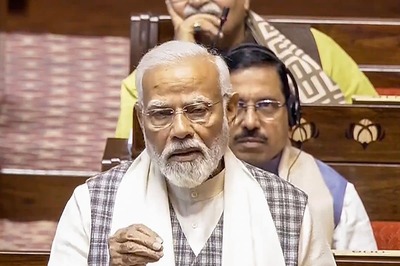
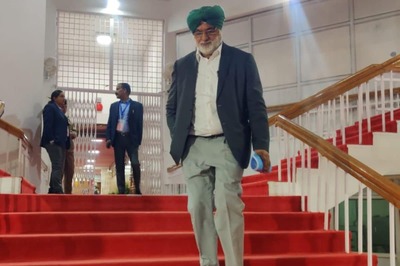
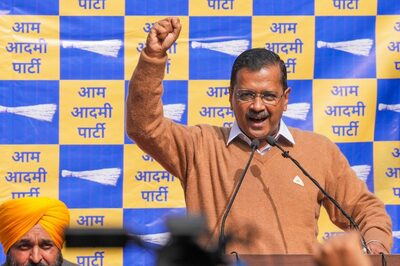
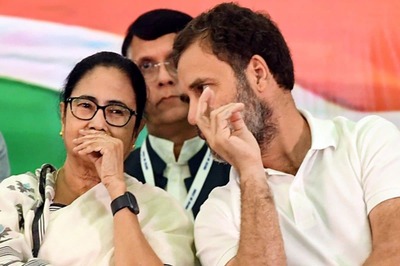
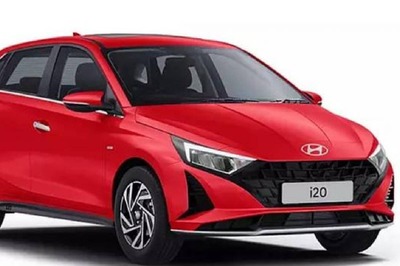

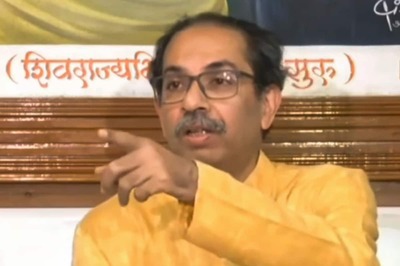
Comments
0 comment